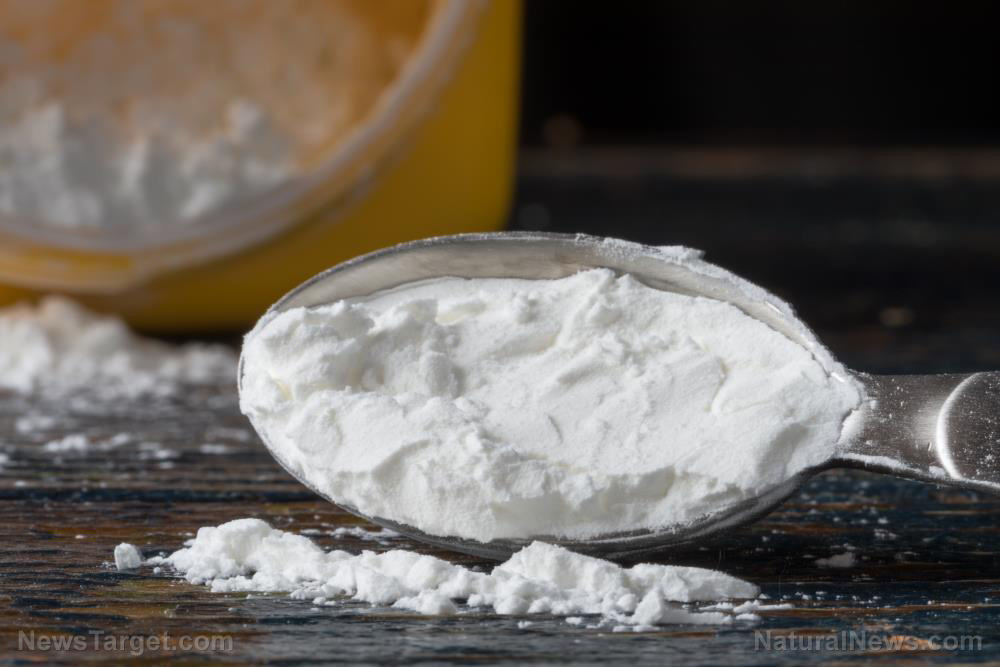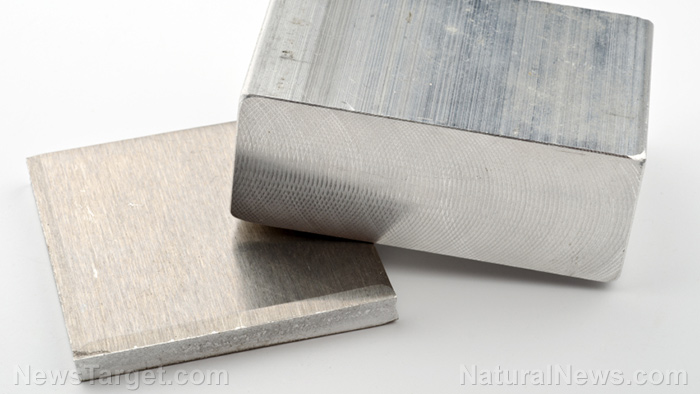
Karlstad University (KU) chemical engineer Asif Javed explained that food packaging must fulfill two purposes: Preserving food so that it lasts much longer, and protecting food from the rough conditions of transportation from its source to store shelving.
"To meet these demands, a protective barrier is needed in paper-based packing such as those used for juice or dairy," Javed said.
Various forms of paper has been used as food packaging materials since olden times. However, even the sturdiest paper product is not airtight and waterproof on its own.
In order to protect food from spoilage caused by oxygen or water, the paper is usually coated with a thin but sturdy layer of plastic. This coating material is usually made from petroleum, a fossil fuel that is used for many purposes and will one day run out.
The production of petroleum-based plastics consumes large amounts of energy. It also causes significant amounts of air and land pollution. Finally, the material itself is a significant pollutant, especially in the ocean. (Related: Billions of dollars in food wasted annually thanks to “use by” date on food labels.)
Lignin-starch combination offers substitute material for plastic food packaging
Javed is one of the many researchers who spent the last few decades looking for a suitable substitute for packaging materials that were made from fossil fuels. He and his counterparts recognized that any new material must match the performance of petroleum-based plastics when it came to food preservation, the cost of production, and the ease of transport.
His team came upon the idea of combining two plant-based polymers: Lignin, which makes up a good portion of wood, and starch, which is found in most edible plants. The KU researchers reported that mixing together those two materials created a bio-based material that could match the impermeability and toughness of petroleum-based plastics.
Since both lignin and starch are derived from plants, they are very cheap, easily acquired, and will be degraded by various natural actions.
In addition to creating the lignin-starch material, the KU research team also created a version where they combined starch and petroleum-based materials. While the alternate mixture is not completely made from renewable resources, it is still biodegradable.
The starch-plastic material can be broken down by environmental factors without producing microplastics that can pollute their surroundings and poison wildlife that ingest them by accident. This option allows the slower phasing out of petroleum-based food packaging plastics, which can cushion the economic impact over time.
Replacing petroleum-based plastics with biodegradable equivalents
There are several bio-based materials that are already seeing use in the food packaging industry. However, petroleum-based plastics continue to make up the bulk of food packaging due to their widespread use, large stockpiles, and ease of production.
Replacing these plastics will need further efforts by researchers to develop alternatives like the starch-lignin material.
“I hope that we will be able to do more research in this area,” remarked Javed, who moved from his native Pakistan to Sweden in order to study his Master's degree and ended up permanently settling down in Karlstad. “In our region, there are good prospects for research on fibre-based processes and products in partnership with the industry."
Read more about food packaging and other food-related topics at Food.news.
Sources include:
KAU.Diva-Portal.org [PDF]
Please contact us for more information.






















